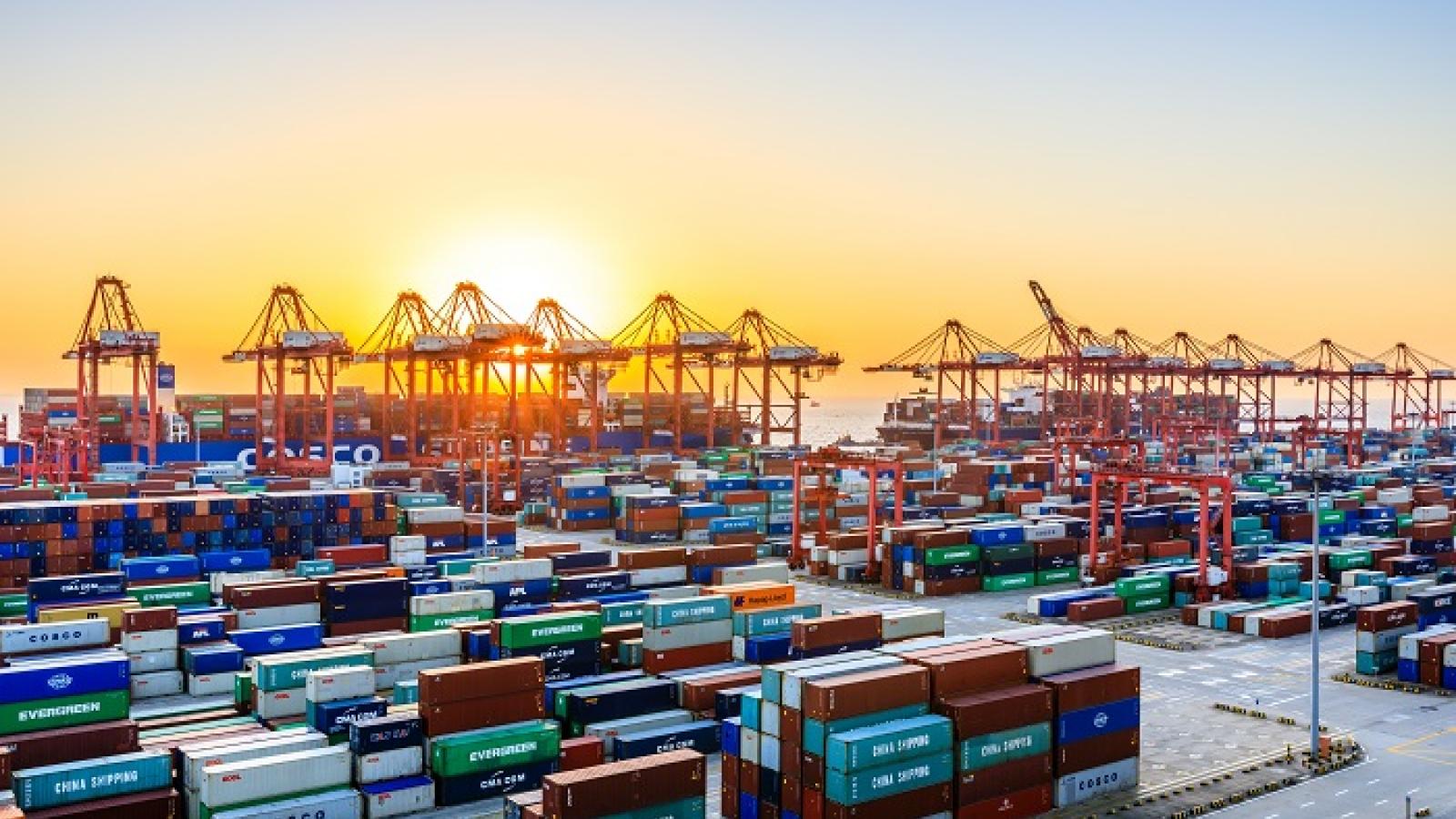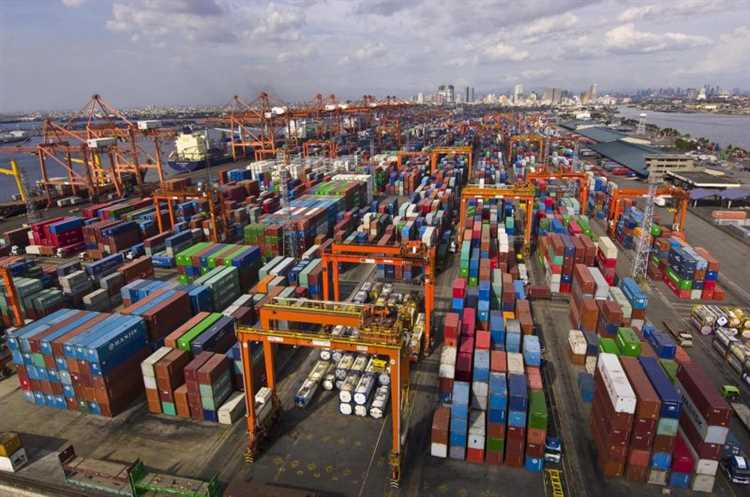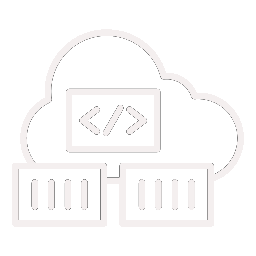Maximizing Efficiency: Unleashing the Potential of Yard Utilization in Logistics
In the fast-paced world of logistics, Yard Space Management and Efficient Container Placement play pivotal roles in ensuring operations run smoothly and costs are kept in check. A meticulously managed yard dramatically boosts productivity and efficiency, propelling organizations to the forefront of the competitive landscape. Through strategic Yard Capacity Optimization and leveraging insightful metrics, businesses can adeptly gauge and refine their Utilization Rates in Container Yards, fostering enhanced planning and strategic decision-making.
Automated Yard Planning and Real-time Yard Tracking emerge as game-changers, optimizing the use of space relative to the yard’s full potential. Analyzing yard productivity data enables companies to oversee their utilization rates and pinpoint optimization opportunities. Establishing a benchmarking framework allows for comparison against industry benchmarks, illuminating paths to bolster efficiency.
The journey to efficient yard utilization commences with meticulous planning and precise measurement. Implementing a comprehensive Yard Management System (YMS) permits real-time tracking of trailers and containers, empowering businesses to allocate resources wisely and elevate operational performance and cost efficiency.
A strategic focus on Yard Efficiency Improvement and Dynamic Yard Allocation Techniques aids businesses in evaluating their yard operations’ efficacy, identifying improvement avenues. Analysis of productivity and cost-related metrics facilitates the formulation of strategies aimed at maximizing space utilization while minimizing operational costs, making a data-driven approach to yard management indispensable.
Maximizing Yard Utilization for Cost Efficiency
Achieving operational excellence and judicious use of yard space is paramount across industries for cost reduction. A methodical analysis, benchmarking, and tracking regimen, underpinned by Yard Operations Analytics and data-driven metrics, empowers companies to spotlight enhancement areas and proficiently steer their performance.
Analysis and Measurement: Core to yard utilization, effective analysis, and measurement of space, capacity, and costs lay the foundation. Continuous monitoring allows businesses to identify optimization opportunities and resource planning, enhancing Yard Efficiency.
Efficiency Optimization: Businesses can elevate yard utilization through an array of strategies and improvements, such as Yard Workflow Automation, Container Stacking Policies, and Yard Congestion Reduction. Innovations in tracking, automation, and technology integration streamline operations and foster productivity.
Cost Management: Paramount to optimizing yard utilization, vigilant management of operational expenses and the implementation of cost-saving measures bolster efficiency. Tactics focused on reducing costs related to storage, transportation, and personnel significantly enhance the cost-to-capacity ratio and amplify yard utilization overall.
In sum, leveraging Space Allocation Algorithms, Dockyard Space Utilization, and Intermodal Yard Efficiency strategies, coupled with Terminal Yard Utilization and Cargo Yard Optimization, positions businesses for success. By embracing advanced Yard Management System (YMS) Features and analytics, organizations can not only refine their yard operations but also secure a competitive edge in the logistics domain.
Yard Utilization: Strategic Optimization for Enhanced Efficiency
Efficient yard management is pivotal in the logistics and supply chain sectors, focusing on strategic space utilization to maintain seamless operations. Implementing systematic strategies for yard optimization ensures space maximization, crucial for boosting efficiency and competitive capability.
Key Strategies for Effective Yard Management:
- Automated Planning and Real-Time Tracking: Utilizing advanced systems for precise monitoring of container movements optimizes yard space usage.
- Capacity and Efficiency Optimization: Employing real-time data to enhance yard layout strategies, improve resource allocation, and reduce congestion.
- Comprehensive Analysis: Leveraging yard operations analytics for smarter decision-making and dynamic space allocation.
Maximizing Yard Efficiency for Operational Excellence:
Efficient yard management directly impacts operational excellence, focusing on reducing operational expenses through strategic planning and efficiency optimization.
- Strategic Planning: Implementing automated yard planning and leveraging real-time yard tracking systems.
- Efficiency Optimization: Utilizing analytics to streamline operations and improve yard efficiency.
Cost Management Strategies:
Effective yard management emphasizes cost management, employing strategic planning and automated systems to enhance efficiency and reduce expenses.
Best Practices for Yard Utilization:
- Measurement and Benchmarking: Utilizing yard measurement systems for efficiency analysis and capacity monitoring.
- Planning and Control: Designing efficient layouts and setting clear protocols for operations to enhance space utilization.
- Monitoring and Tracking: Implementing yard management systems and RFID tagging for equipment and inventory tracking.
- Analysis and Improvement: Regular data analysis to identify improvement areas and optimize yard utilization.
Technology Solutions for Enhanced Yard Management:
Leveraging technology solutions plays a crucial role in enhancing efficiency and productivity in yard management by providing tools for:
- Real-time Monitoring and Control: Advanced systems for tracking equipment and vehicle movements.
- Optimizing Yard Capacity: Utilizing algorithms and data analysis for space usage optimization.
- Benchmarking and Cost Optimization: Analyzing metrics to identify cost-saving opportunities.
In conclusion, effective yard utilization demands a comprehensive approach, integrating best practices and advanced technology to ensure optimal efficiency, productivity, and cost-effectiveness in yard operations.
Leveraging Technology for Optimal Yard Management
In today’s fast-paced logistics environment, technology is a cornerstone for elevating yard management, ensuring enhanced efficiency and operational productivity. Through the deployment of sophisticated systems and applications, companies can refine their operational workflows, achieving peak performance across yard activities.
Key Technological Advancements for Yard Management:
- Automated Yard Monitoring: By integrating cutting-edge automated solutions, businesses gain the ability to oversee yard operations with unprecedented precision. This real-time oversight facilitates effective resource allocation and operational streamlining, significantly elevating operational efficacy.
- Yard Space Optimization: Utilizing technology to maximize yard space is essential for efficient yard management. Tools equipped with advanced algorithms offer strategic insights into optimal space utilization, ensuring every inch of the yard is used effectively, thereby minimizing waste and enhancing overall capacity.
- Enhanced Operational Insights through Benchmarking: Technology empowers businesses to benchmark their yard utilization against industry norms, identifying opportunities for improvement. This comparative analysis fosters the adoption of best practices to boost efficiency and cost-effectiveness.
- Strategic Cost Management: Through detailed data analysis, technological tools help pinpoint cost-saving opportunities within yard operations. By assessing various operational aspects, companies can implement strategies to curtail expenses without compromising on service quality or efficiency.
Empowering Yard Management with Technology:
Adopting technology in yard management not only streamlines operations but also provides a strategic advantage in capacity planning and resource allocation. From real-time tracking systems that offer visibility into container movements to automated planning tools that optimize yard layout and scheduling, technology is reshaping how yards operate. These innovations facilitate a proactive approach to yard management, enabling businesses to stay ahead in the logistics and supply chain sectors.
In conclusion, the integration of technology in yard management is indispensable for modern logistics operations. By harnessing the power of automated systems, real-time tracking, and data analytics, businesses can achieve superior yard utilization, operational efficiency, and cost savings, setting new standards for excellence in yard management.


